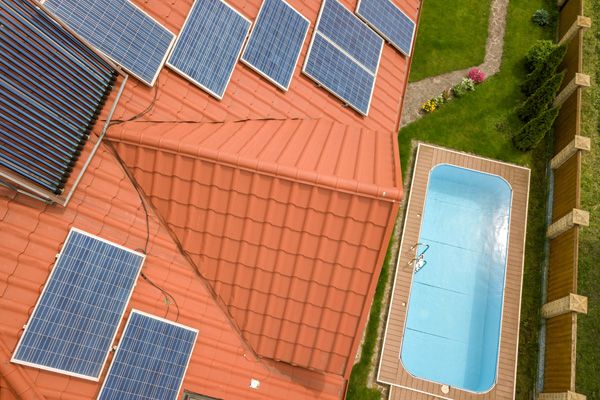Is solar cheaper than electric?
Solar energy costs
With energy prices and the cost of living on the rise, more people are looking for ways to save money on their energy bills. One of the most popular alternatives is solar energy, which is becoming increasingly accessible in many parts of the world. But how much cheaper is solar than electric? This article will explore whether solar energy can really help you save money in Hawaii, as well as how you can get started with a solar installation.
Hawaii has some of the highest electricity rates in the country, so it’s no surprise that many people are interested in exploring alternative energy sources such as solar. But when it comes to comparing the costs between electric and solar, there are a few factors to consider. The first and most important factor is the upfront costs associated with installing a solar system. While this cost can vary greatly depending on factors such as setup size, location and quality of panels used, you can generally expect to pay around $15000 – $20000 for a full system installation.
However, that upfront investment could potentially translate into long-term savings in terms of your monthly electricity bill. Depending on factors such as panel efficiency and climate conditions, you could see a return on your investment within 7-10 years or even sooner with additional government incentives or rebates available for Hawaii residents who choose to go solar. In addition to being able to potentially reduce your monthly electricity costs over time, one of the main benefits of switching to solar power is that it provides clean renewable energy which reduces your impact on the environment.
When considering whether or not going solar makes sense financially speaking, it’s also important to think about ongoing maintenance costs associated with owning a photovoltaic system over its lifespan (which tends to be between 20-30 years). These costs include regularly checking all components for any issues, cleaning off dust or debris from panels and replacing worn components if needed throughout its life cycle. Generally speaking however these maintenance costs tend to be relatively low compared to typical electric utility bills due to minimal upkeep required for most systems once installed correctly by professionals.
In terms of efficiency and performance, modern photovoltaic systems have come a long way in recent years thanks largely due improvements in technology as well advancements in design techniques which enable them capture more sunlight than ever before resulting higher returns per watt produced by photovoltaic modules over time. It should also be noted that Hawaii has some excellent federal incentives currently available which can further increase your return on investment when investing into a new photovoltaic system such as tax credits or special grants offered by local organizations aimed at encouraging people move towards using more renewable sources of energy instead traditional ones like coal or other fossil fuels as they pollute less while providing cleaner electricity sources consumers across state lines alike.
To sum up our discussion above; yes it is possible that going solar can save you money over time compared traditional electric utility bills depending upon various factors related installation size & location along with other considerations such panel efficiency & weather conditions throughout year plus any applicable government incentives offered at time making decision easier when deciding whether switch from electric power source using renewable resources instead – like those found here Hawaii! With that said though each individual’s situation will ultimately determine best course action so make sure do research thoroughly before reaching conclusion about what type system would fit needs best & also consider consulting professional installer locate certified products quality parts ensures safe operation maximum efficiency longevity surrounding project overall goals!











